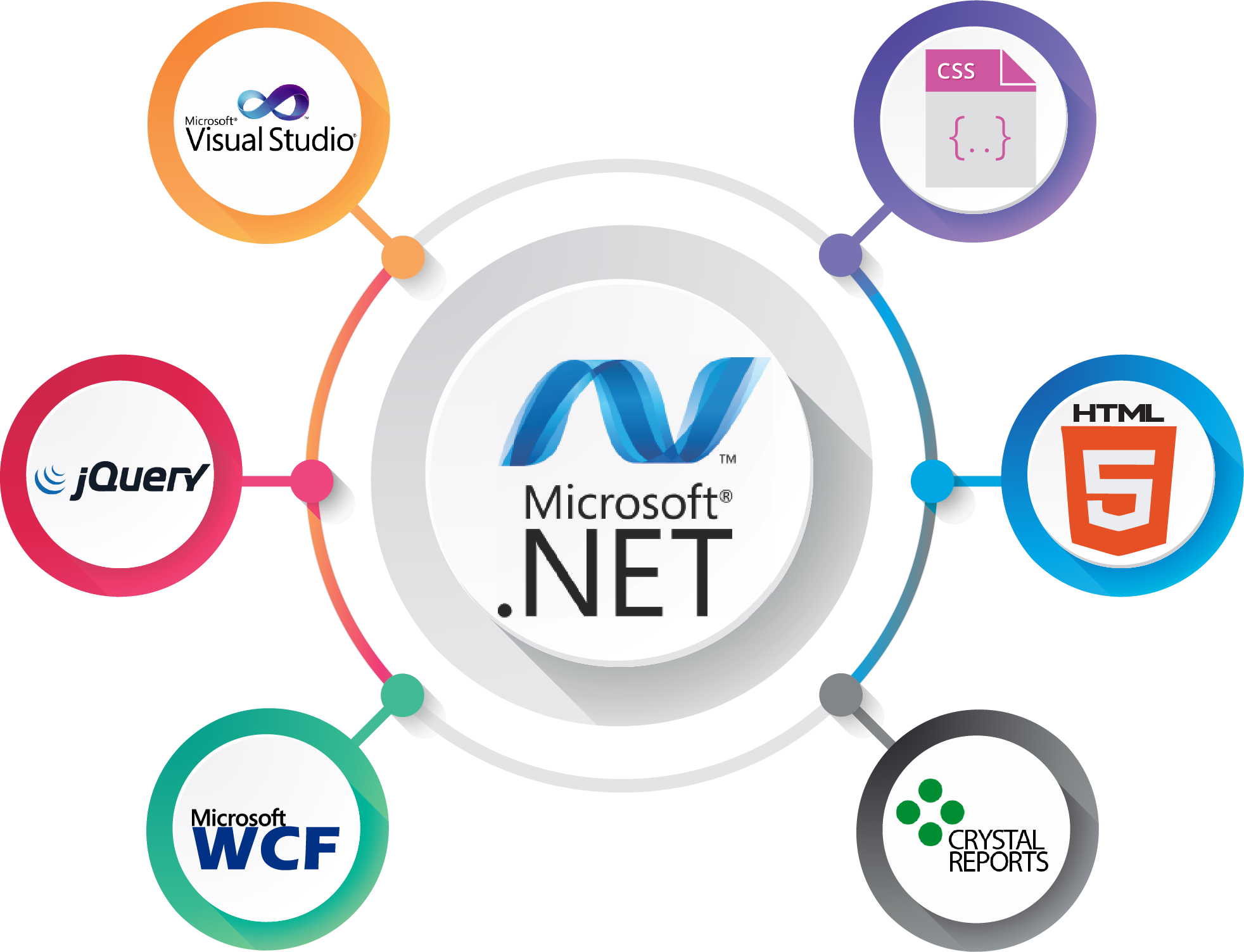.NET Microservices
.NET Microservices is a software architectural style for building small, loosely-coupled, independently deployable and scalable services. It is a way of designing and developing software applications as a collection of small, autonomous services that work together to provide a larger functionality. Each microservice is designed to perform a specific task or business capability, and communicates with other microservices through lightweight, standardized protocols such as HTTP or message queues.

The .NET framework is a set of software development tools and libraries that can be used to build a wide range of applications, including microservices. .NET provides a rich set of features that makes it easy to develop, deploy, and manage microservices. These features include:
- ASP.NET Core: a lightweight and modular framework for building web applications and APIs.
- Entity Framework Core: a lightweight and extensible ORM framework for accessing databases.
- Docker: a platform for packaging, deploying, and running microservices in containers.
- Kubernetes: an open-source platform for automating deployment, scaling, and management of containerized applications.
- Azure Functions: a serverless computing platform for running event-driven applications and functions.
.NET Microservices are designed to be small, independent, and highly focused on their specific functionality. This allows developers to build and deploy new features and functionality quickly, without affecting other parts of the system. The modular architecture also makes it easier to maintain and scale the system as the application grows.
Overall, .NET Microservices provide a flexible and scalable way to build modern, distributed applications that can be easily adapted to changing business requirements.



